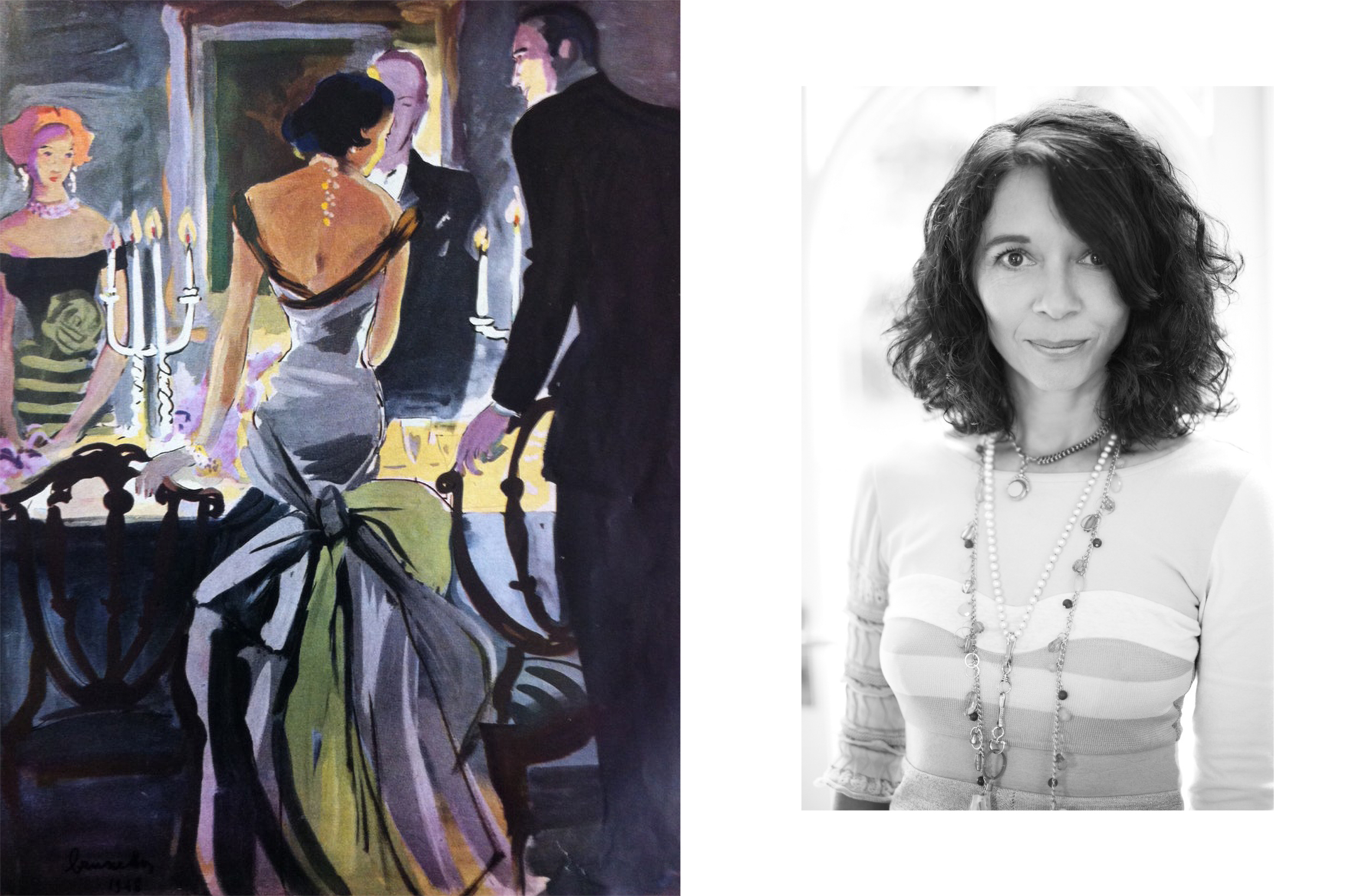Five names, five fashion insiders who have decided to publish and share with the public their experiences and knowledge in the fashion world: through their recent publications (which we totally recommend) they reveal the secrets of a mysterious and fascinating world, made of light and shadows, of a system that, despite the crisis, is constantly trying to reinvent and renovate itself.
Andrea Batilla – “Instant Moda”

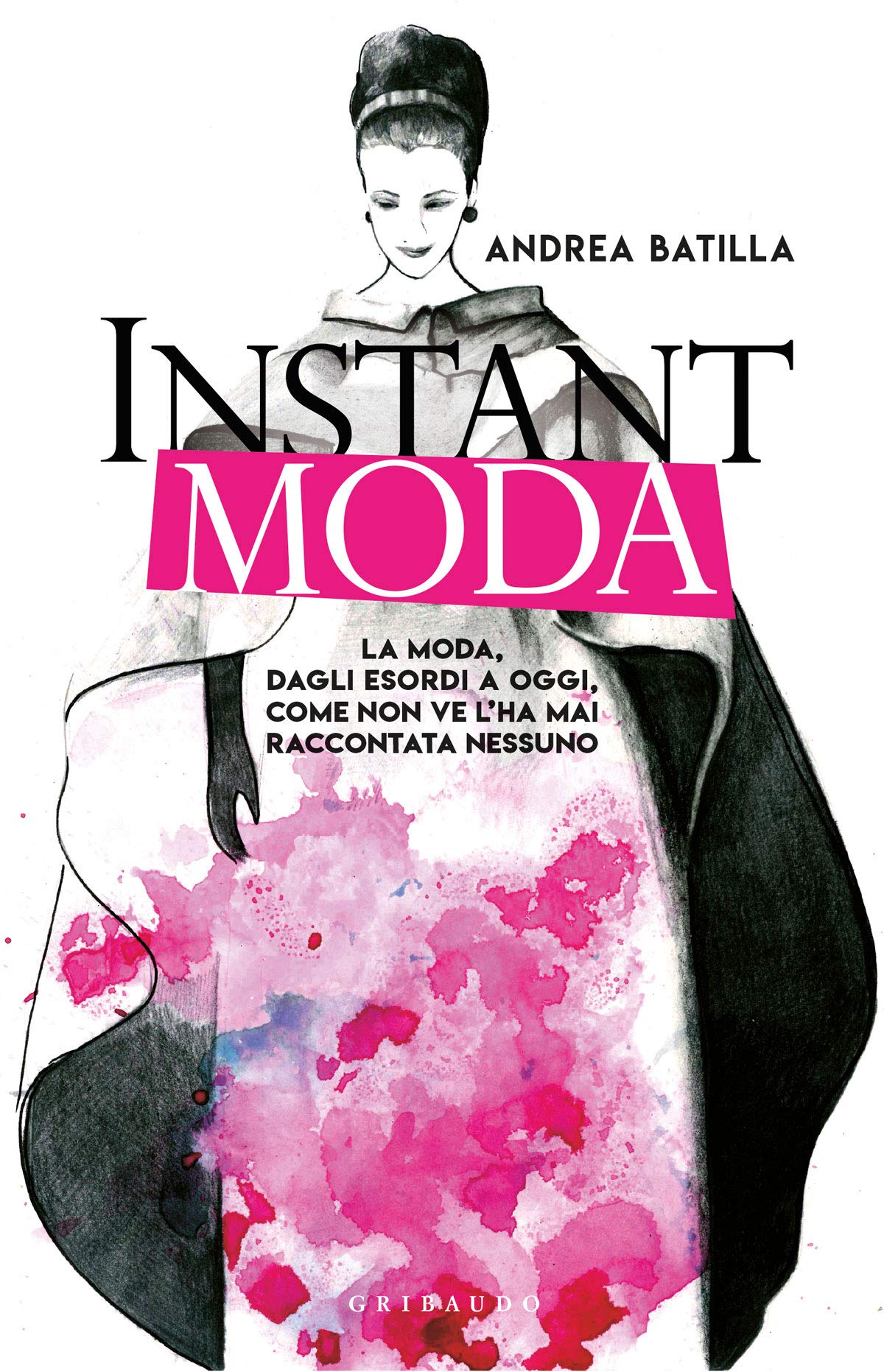
Andrea Batilla has been working in the fashion industry for more than 30 years: he is an author, professor, and creative director (among other things) and, with his book “Instant Moda,” he has opened the eyes of the general public to what is behind the making of a garment, a bag, a shoe and much more.
In his book, but also in his interviews, speeches, videos published on Youtube, or in the numerous live interviews and Q&As on Instagram, he has never hidden his thoughts and reflections upon the world of fashion in all its forms, for better or for worse.
“What am I buying? Why does it cost so little/so much?” These are just some of the questions he asks and invites fast fashion consumers to ask themselves, who have become increasingly avid in recent years. The world of luxury has always been a kingdom with “closed doors” and eagerness to keep its knowledge a secret: from the outside, it might seem to be a place full of contradictions and madness but, in reality, everything that is made or produced within it has a meaning. And it is to this idea that Andrea Batilla introduces us critically and constructively, promoting a search for justice and eco-sustainability not only by the fashion system but also by the consumer.
Marina Spadafora – “La Rivoluzione Comincia dal Tuo Armadio”
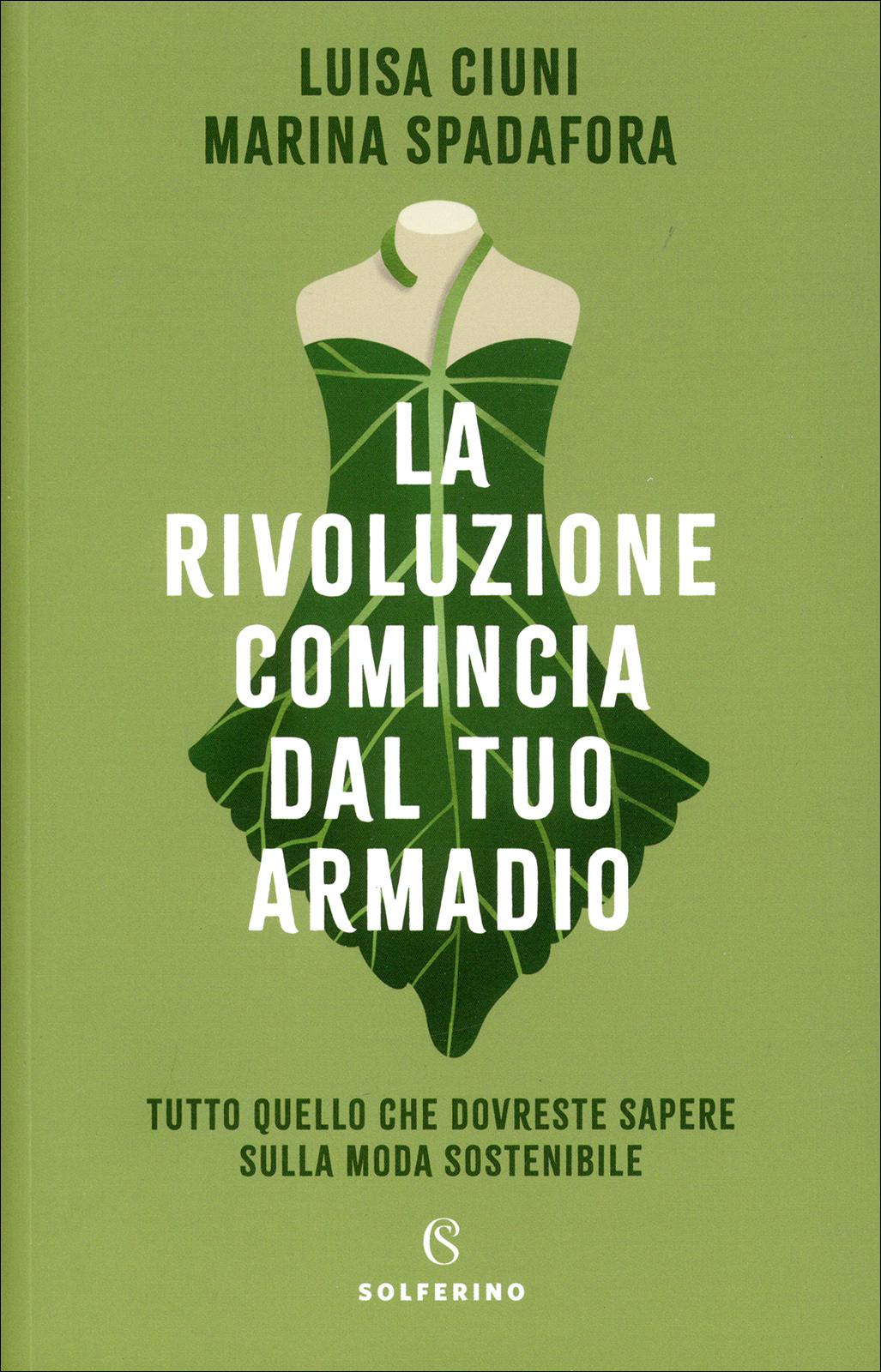
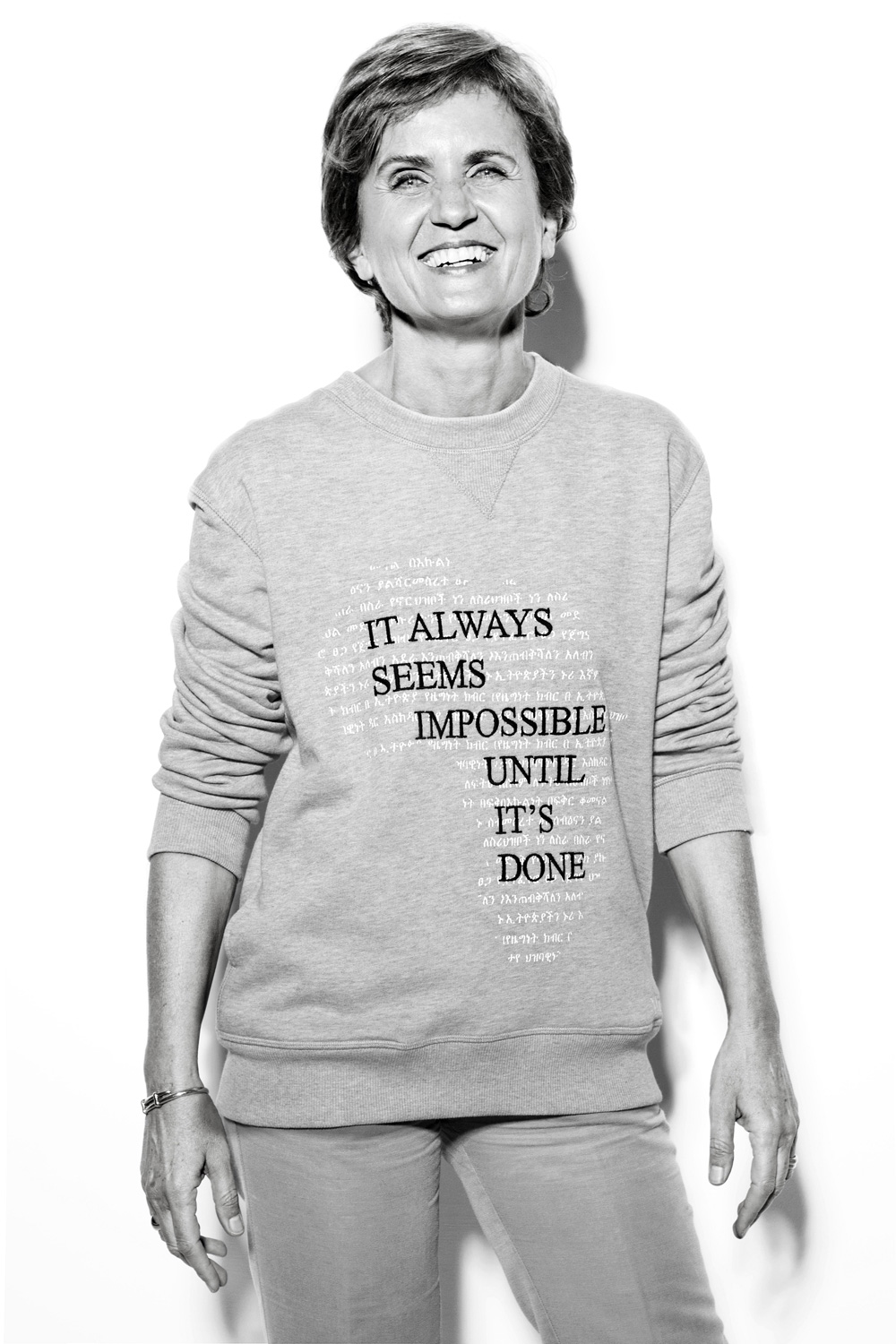
“La Rivoluzione Comincia dal Tuo Armadio” (“The revolution starts from your closet”), is more than a title: it is a slogan, a motto to be pursued every day as her writer, who in 2015 received the UN Women Together award, has done: we are talking about Marina Spadafora.
Here, Spadafora and her colleague, Luisa Ciuni, illustrate the phenomenon of fast fashion that has taken hold with the advent of globalization. They do not criticize technology; on the contrary, they exalt it as a means of liberation for companies from a diseased consumer economy.
When a garment is damaged, we should repair it as much as possible, promote eco-sustainable products and vintage shops… In other words, we should have fewer, but quality clothes in our closets, spending a little more on a pair of jeans or a T-shirt but with the certainty that they will last for years, and that we won’t have to get rid of them the next season.
Marina Spadafora does not want to push the reader into making great, ostentatious actions in the name of a green revolution, but rather to try to get the reader to take on a small part of this global change, a part that begins with our wardrobe and our mentality which, like pieces of a bigger whole, will make up the puzzle of the future.
Orsola De Castro – “Loved Clothes Last”
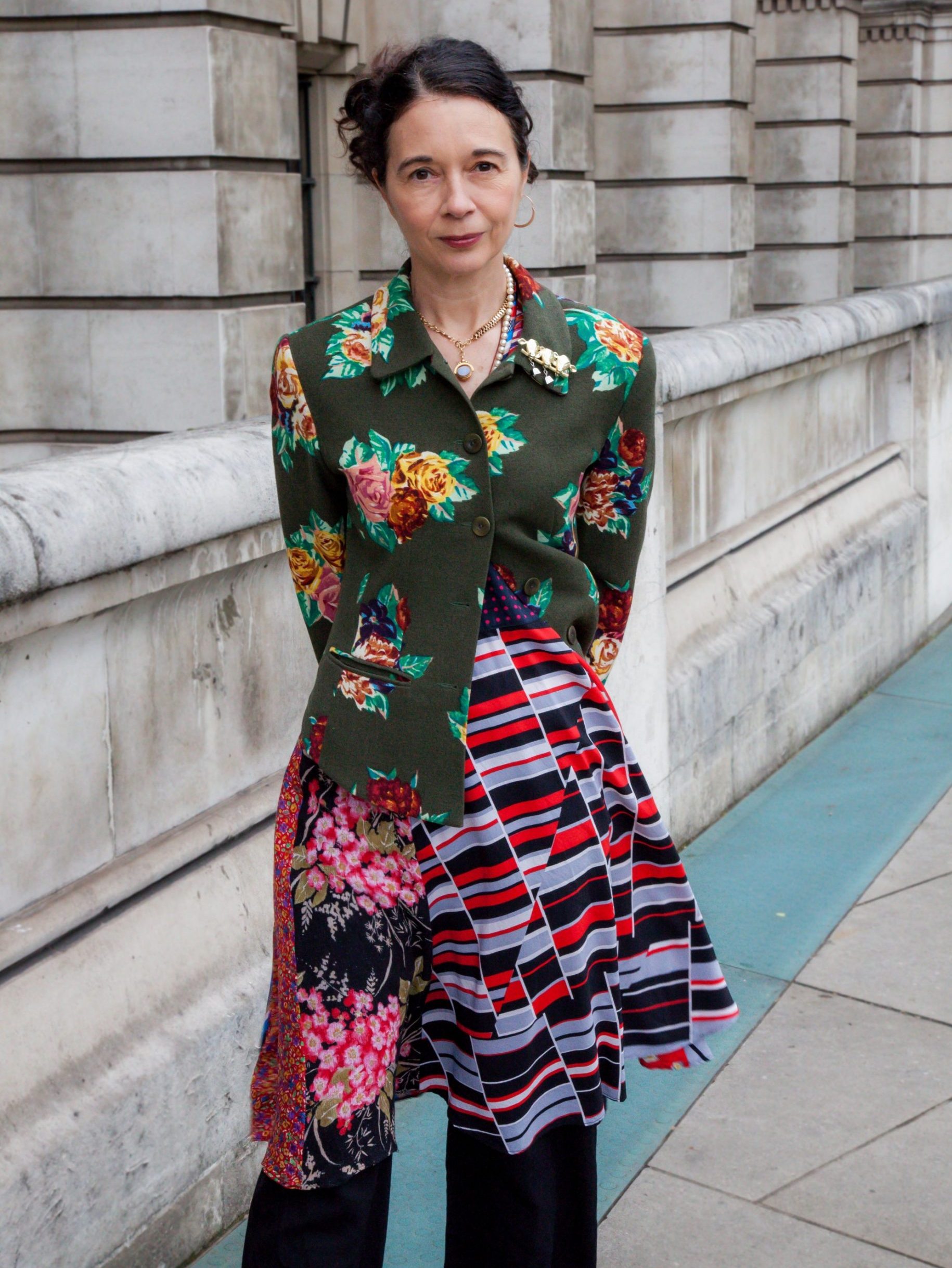
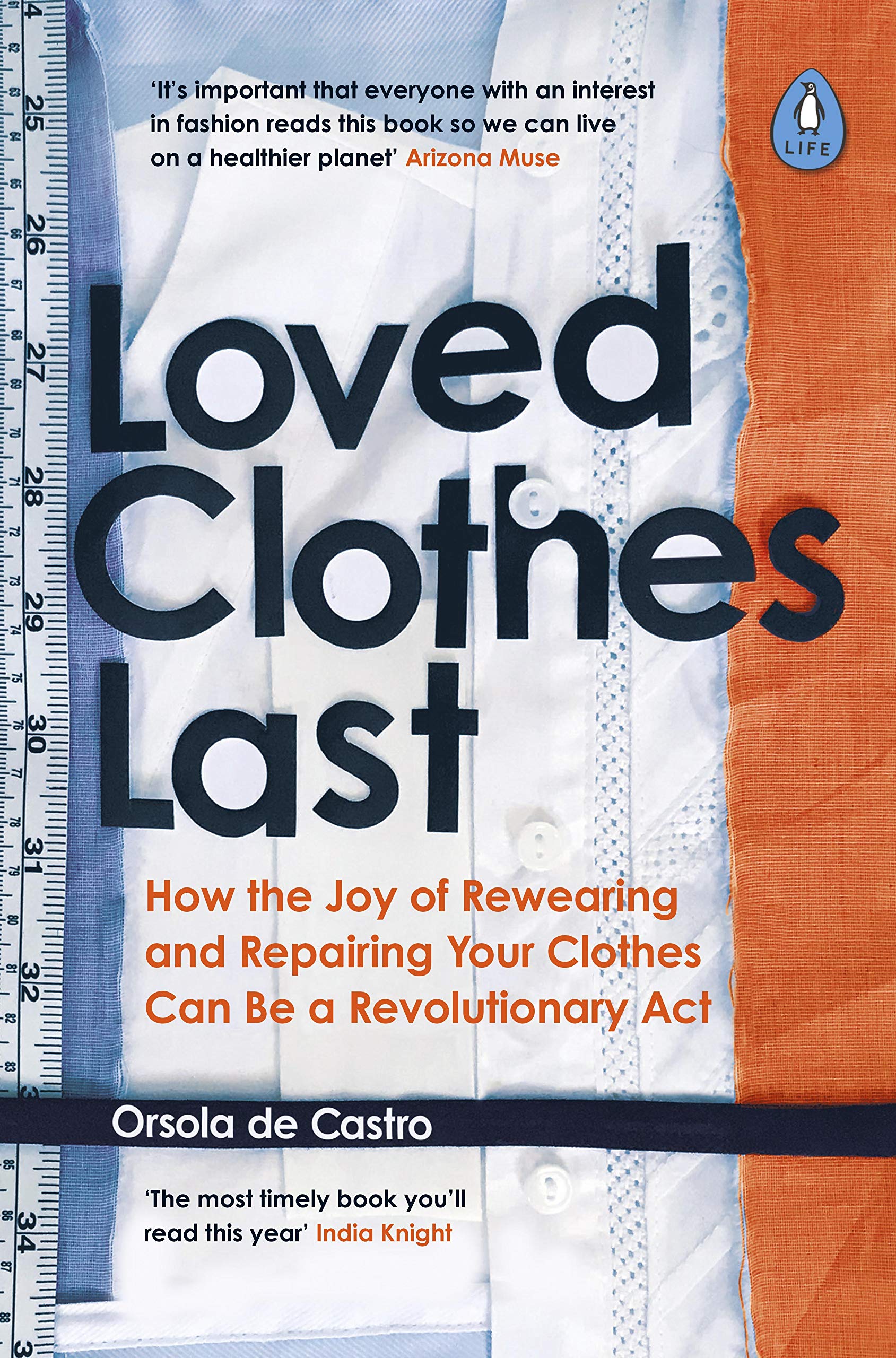
Sometimes, from the rubble, something beautiful can originate: this is what happened after the collapse of the Rana Plaza, a garment factory in Bangladesh, where numerous workers, exploited and deprived of all rights, were making garments for western fast fashion brands when the building collapsed because of the lack of safety regulations. To prevent such a tragedy from happening again, and to protect workers everywhere, Orsola De Castro, with Carry Somers, founded the organization Fashion Revolution. Orsola has been a pioneer in the green fashion movement since 1997, when she started her own upcycling brand, From Somewhere. “If you’re born a designer, you’re born to solve problems,” she says, and with her book “Loved Clothes Last”, she takes us back in time to when our grandmothers used to mend old clothes, a seemingly “poor” art but extremely rich.
That’s why Orsola teaches us precisely how to repair and mend, giving new life to our clothes. The writer is not against production but she stands for its evolution and, also through these pages, she encourages new global creativity, which involves companies above of all to commit themselves explicitly in terms of recycling and limiting waste. Supported by the examples of numerous young emerging designers, it invites us to think in a greener perspective: because change has just begun, but there’s still a lot to be done.
Sofia Gnoli – “Ephimera”
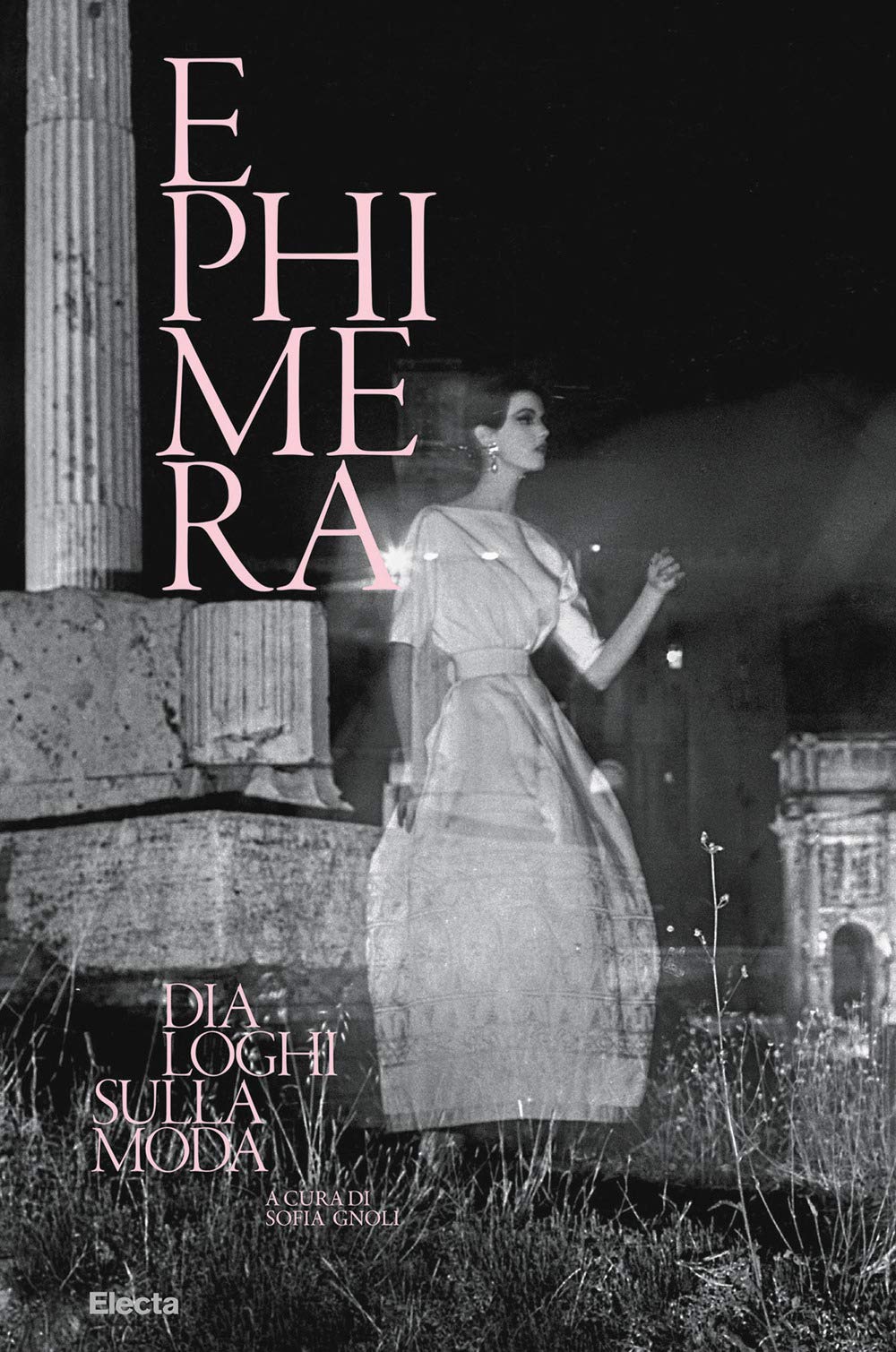

Ephimera: from the Greek epi – “above” and emera – “day“, translated as “one day“, is the evocative title of Sofia Gnoli’s new book. A collection of ten meetings, ten dialogues with some of the most illustrious journalists, creative directors, and experts in the fashion industry, who provide their insights into various aspects of the great fashion machine.
Sofia Gnoli is a fashion historian and journalist who describes fashion as an incessant, modeling flow linked to cinema and art, that is born, dies, and is reborn again and again, in a dialogue with the present and the past that inexorably returns. Gnoli shows us through her writings that fashion is not born to influence people or homologate them, on the contrary, that it is itself the result of the time and place in which it lives. It is not fashion that drives women to revolution, but women who make fashion a method for revolution. Today as yesterday.
Mariella Milani – “Fashion Confidential. Quello che nessuno vi ha mai raccontato sul mondo della moda”

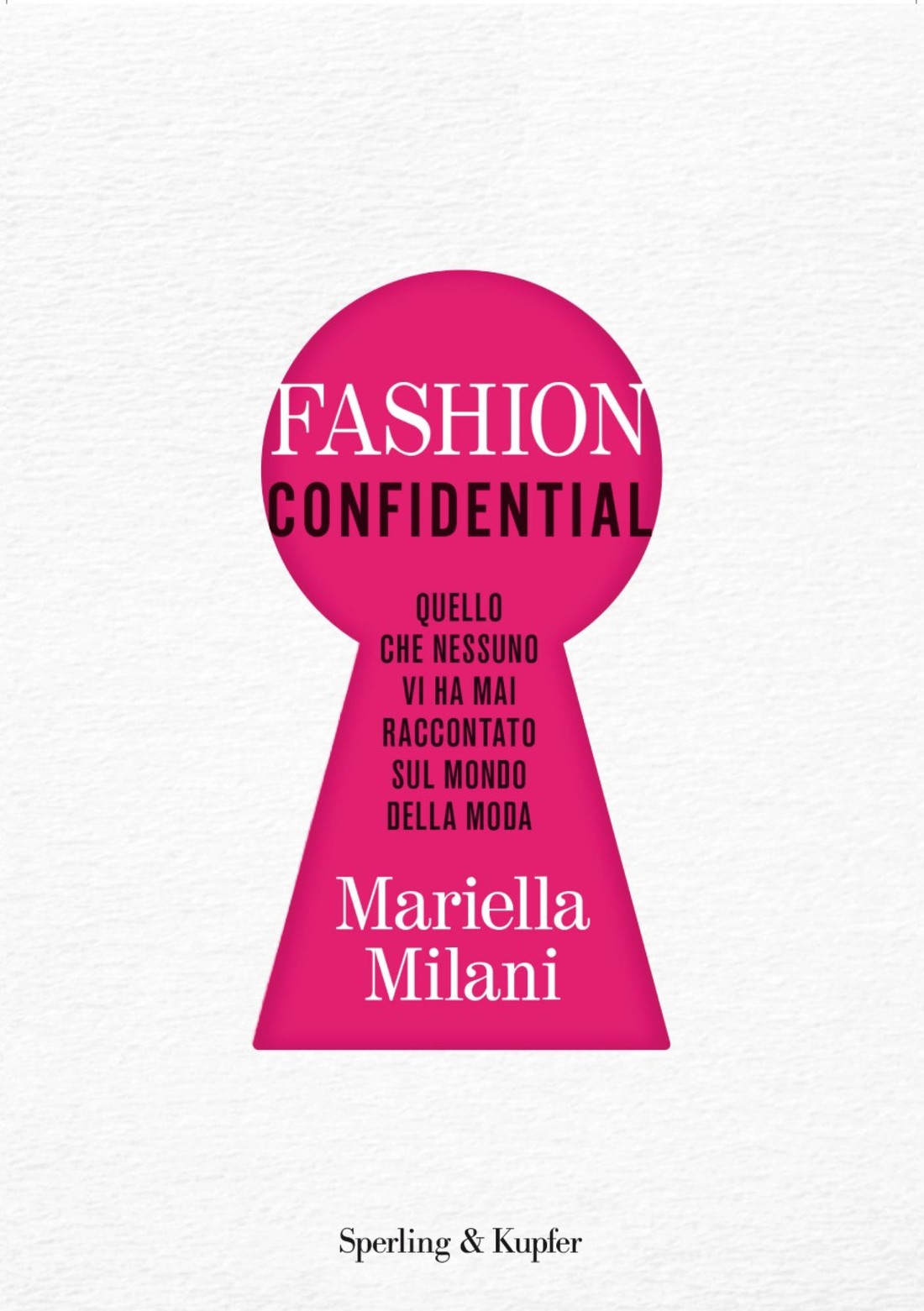
Mariella Milani, the Italian fashion journalist quintessential, encapsulates in this book a series of personal anecdotes to explain fashion through her own adventures as a journalist. The stories and memories of her years of work, including interviews and in-depth articles, are given ample space and the great couturiers of the past are recalled with a lot of nostalgia, without however stopping to look to the future. A world, that of fashion, made up of “glitter and knives”, as Milani herself says, which must know how to constantly reinvent itself among its lights and shadows.
Milani also encourages readers to rediscover the Italian creativity that has always distinguished us, focusing first on new customers, the younger generations, with all their dreams and projects based on one value: absolute quality. There is also a focus on issues such as sustainability, consumer awareness, and the importance of the “Made in Italy” label that made the designers of the past so great. As Steve Jobs used to say, to truly revolutionize fashion there is only one thing to do: “Think Different”.

